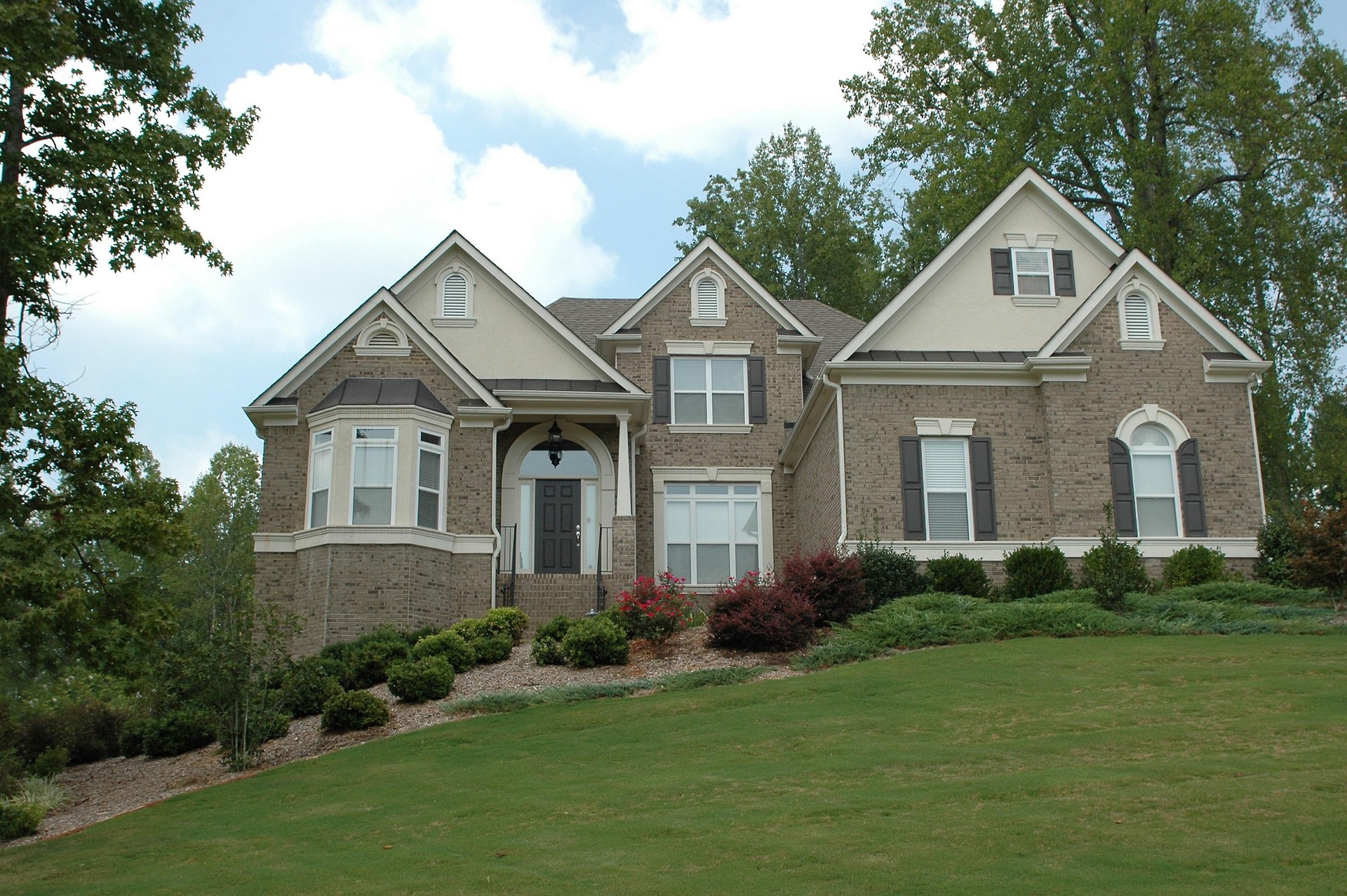The Future of Real Estate: Unlocking the Potential of Smart Homes
In today's rapidly evolving world, technology is transforming every aspect of our lives, including the way we live and interact with our homes. Smart homes, equipped with advanced automation and connectivity features, are becoming increasingly popular, offering convenience, energy efficiency, and enhanced security. This article delves into the concept of smart homes, their historical context, current market trends, and the potential impact on real estate.

In today’s rapidly evolving world, technology is transforming every aspect of our lives, including the way we live and interact with our homes. Smart homes, equipped with advanced automation and connectivity features, are becoming increasingly popular, offering convenience, energy efficiency, and enhanced security. This article delves into the concept of smart homes, their historical context, current market trends, and the potential impact on real estate.
The Evolution of Smart Homes
The idea of smart homes has been around for decades, with early concepts dating back to the 1970s. However, it wasn’t until the advent of the internet and the proliferation of smartphones that smart homes truly began to take shape. Today, smart homes are equipped with a wide range of devices and systems that can be controlled remotely using smartphones, tablets, or voice commands. These devices include smart thermostats, lighting systems, security cameras, and even appliances.
Market Trends and Financial Insights
The smart home market is experiencing rapid growth, with the global market expected to reach $151.4 billion by 2026, according to a report by MarketsandMarkets. This growth is driven by several factors, including the increasing popularity of smart devices, the rise of the Internet of Things (IoT), and the growing demand for energy-efficient homes.
One of the key drivers of the smart home market is the growing demand for energy-efficient homes. Smart thermostats, lighting systems, and appliances can help homeowners save money on their energy bills, while also reducing their carbon footprint. According to a report by Navigant Research, the global market for smart home energy management systems is expected to reach $21.2 billion by 2026.
Advantages and Challenges of Smart Homes
Smart homes offer several advantages to homeowners, including convenience, energy efficiency, and enhanced security. With smart devices, homeowners can control their homes remotely, automate tasks, and receive real-time alerts about potential security threats. Smart homes can also help reduce energy consumption, which can lead to lower utility bills and a smaller carbon footprint.
However, smart homes also come with some challenges. One of the biggest challenges is the cost of installation and maintenance. Smart devices can be expensive, and homeowners may need to hire professionals to install and configure them. Additionally, smart homes require a stable internet connection, which can be unreliable in some areas.
Impact on Real Estate
The rise of smart homes is having a significant impact on the real estate market. Homebuyers are increasingly looking for homes with smart features, and real estate agents are beginning to incorporate smart home technology into their listings. According to a survey by the National Association of Realtors, 63% of real estate agents have recommended smart home devices to their clients, and 44% of homebuyers are willing to pay more for a home with smart technology.
Smart homes are also changing the way that homes are designed and built. Homebuilders are incorporating smart technology into their new construction projects, and architects are designing homes with smart features in mind. This includes everything from smart lighting and HVAC systems to smart security and entertainment systems.
Conclusion
Smart homes are transforming the way that we live and interact with our homes. With the growing demand for energy-efficient homes and the increasing popularity of smart devices, the smart home market is expected to continue to grow in the coming years. As the technology continues to evolve, we can expect to see even more innovative and exciting features in the smart homes of the future.




